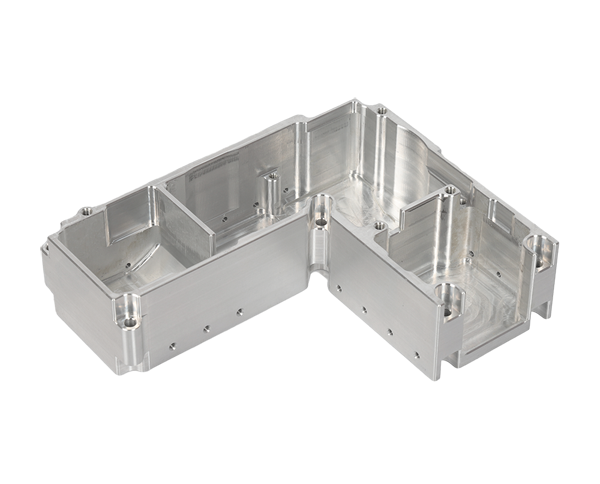2025-03-13 hits:0 source:News

In the medical device industry, precision, reliability, and biocompatibility are of utmost importance. Aluminum alloy die - casting parts have found extensive applications due to their unique properties.
Aluminum alloys used in medical device die - casting are carefully selected for their excellent mechanical properties. They offer a good balance between strength and weight, which is crucial for portable and implantable medical devices. For example, in some portable diagnostic equipment, lightweight aluminum alloy die - cast enclosures are used. These enclosures protect the sensitive internal components while keeping the overall device weight down, making it easier for medical professionals to carry and use in various settings.
Precision is another key aspect. Die - casting processes can achieve high levels of dimensional accuracy, which is essential for parts such as components in surgical instruments. These parts need to fit together precisely to ensure the proper functioning of the instrument. The ability to create complex geometries through die - casting also allows for the design of innovative medical device components. For instance, some implantable devices have intricate shapes that can only be achieved through die - casting techniques.
Biocompatibility is a major consideration. Special aluminum alloys are formulated to be non - toxic and non - reactive with the human body. This makes them suitable for parts that come into contact with patients, such as parts of prosthetics or certain medical monitoring devices. Additionally, aluminum alloys can be surface - treated to further enhance their biocompatibility and corrosion resistance. This ensures the long - term reliability of medical devices, especially those used in critical applications where failure could have serious consequences for patient health.
Read recommendations:
40 series aluminum extrusion Manufacturer
sealed diecast aluminum enclosure
aluminium electrical enclosure Sale
What are the materials commonly used for shielding frames and covers?
